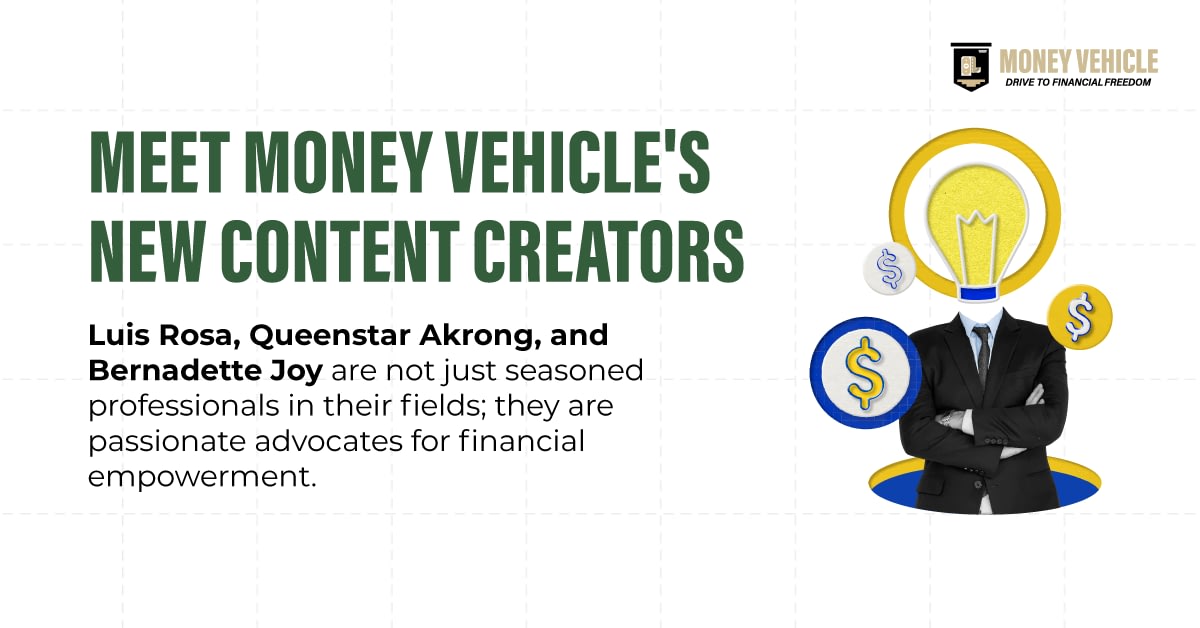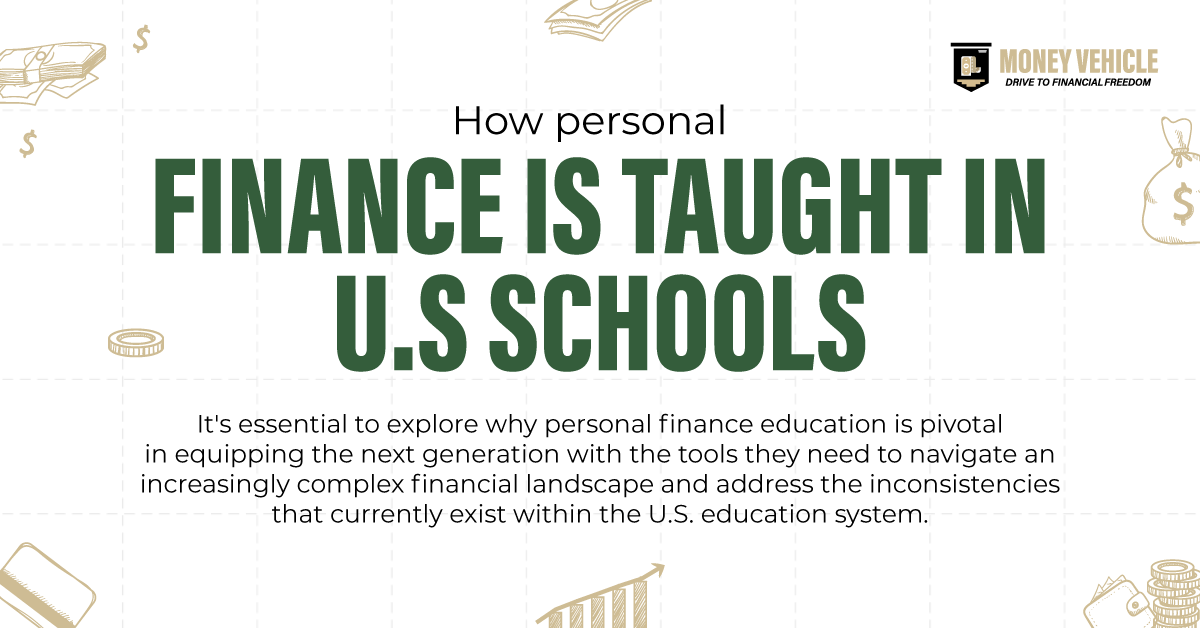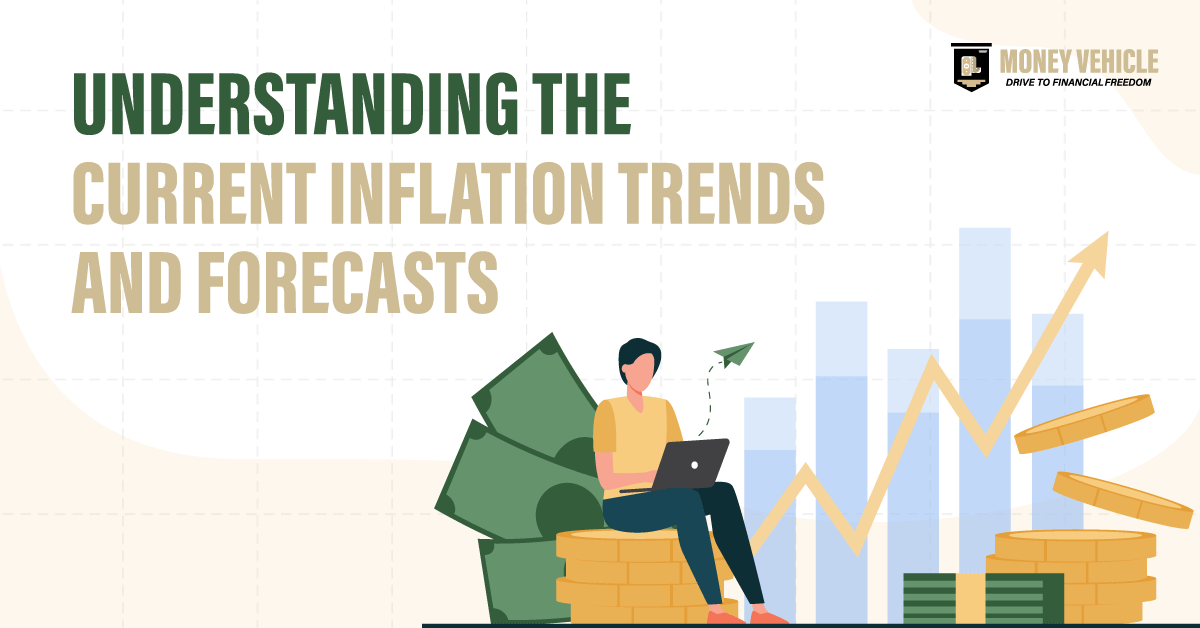The following is adapted from “Your Money Vehicle.”
“Can I borrow $5?”
This question has been asked amongst friends for ages. And when the response is “yes,” a new relationship forms: A relationship between a borrower and a lender.
It is the same relationship that develops when you walk into a bank and deposit your money or, conversely, when you take out a loan from your bank. This relationship can also be defined as two people or entities — one who uses money as a resource, and one that uses money as a tool.
To find out which one you are, answer this question: What does it take to borrow money? The answer is more money!
As we’ll discuss, money is never free, and by understanding the borrower-lender dynamic, you are able to see what type of relationships you have with money, with lenders, and with borrowers.
Money is never free
One of the most important financial lessons you can learn is that borrowing money is never free. If someone is willing to lend money, it is almost always because they are using money as a tool to make more money. That’s the entire business model of a bank, in fact.
For example, when you deposit your money at a bank, you (the lender) are benefiting from lending the bank your money. The bank is merely holding, or borrowing, your funds and paying you a small reward (interest) for allowing it to do so. It also loans it back out.
Here’s another scenario demonstrating interest: When your friend says “yes” to letting you borrow $5, does she mention that she not only wants the $5 back, but also an extra $1? Or even an extra $5? The amount of money you borrow is called the principal, which, in this case, is $5.
Anything you must pay back on top of that principal amount is the cost of using their money, or the interest.
The purpose of interest
You might wonder why or how lenders justify charging interest on the money they let you borrow. Why do you have to pay extra instead of just paying back the money you borrowed?
Lenders, be they banks or your friend, have several good reasons for charging interest, including:
- The privilege of using their money. If they didn’t get any interest, what would the lender gain by giving you their money? Nothing. Interest incentivizes lenders to let you borrow their money.
- The opportunity cost they incur for not using their own money while you have it. If you have their money, they can’t use it to invest in other ways.
- To cover the risk of you not repaying the loan in full. If a lender gives money to five borrowers but only four of them pay it back, the interest from those four might cover the lost money.
Consider the previous example — your friend has a choice: lend you the money and not have $5 or keep the money and have $5. Whichever option she chooses has a privilege and an opportunity cost. The privilege is whatever you choose to use the money for, and the cost is what she cannot use the $5 for.
Now, if your friend tells you to pay her $10 next week, you should really consider getting a new friend. If she says you owe $6 next week, it is because she understands the value in letting you use her money and thinks it is worth $1.
Know your role in the lender-borrower dynamic
Remember, if you are depositing money at the bank, you become the lender. If you are taking a loan, you become the borrower.
It’s important to set expectations for yourself in both the borrower and lender roles so that you can take and give money in a way that seems fair to you. For example, before choosing to open a savings account at a bank, look at their interest rates and ask yourself, “What price am I willing to accept to allow someone to use my money?”
Before taking out a loan, ask yourself, “What price am I willing to pay to use other people’s money?”
Set your personal limits for lender-borrower relationships, and you’ll be able to ensure that you only enter deals that treat you fairly and allow your money to work for you.
Like what you see? Get more content sent directly to your inbox! Sign up for the Money Vehicle Movement Newsletter!
More from Money Vehicle:







